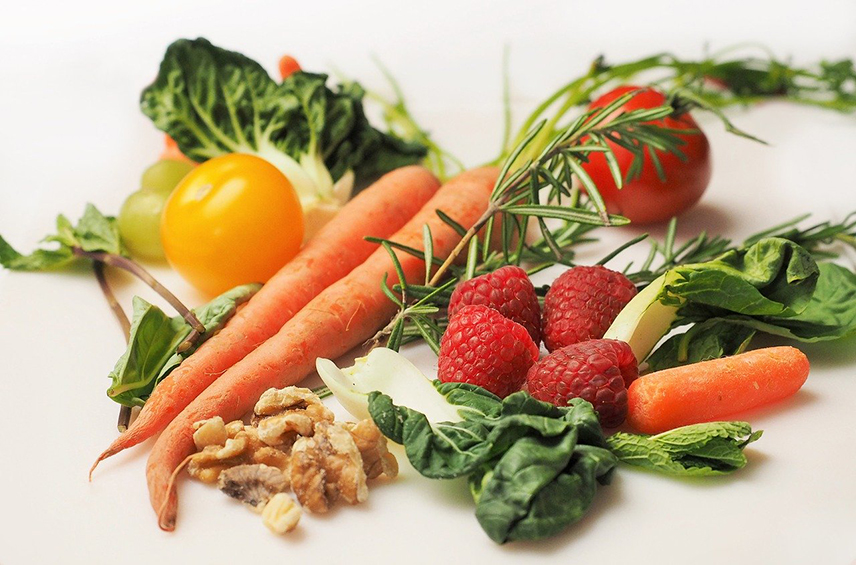The importance of maintaining a healthy lifestyle grows as we age. While younger days are defined by a relative indifference toward matters of health, the accumulation of years requires a more conscious attitude. The body is increasingly susceptible to threat and every health-related decision has wider implications. Of the most important, especially for senior populations, is diet.
Diet is a term frequently misunderstood. For most, what comes to mind are fad diets that emphasize a certain type or group of foods to consume more of or avoid consuming entirely. But the original definition is simply “the kinds of food that a person, animal, or community habitually eats”. For seniors at risk for many age-related conditions, assessing habitual eating habits is a good idea. If that assessment reveals a lack in any of the following, it may be a good idea to include these essential staples:
Cancer, while remaining uncured, can certainly be resisted through good a good diet. The American Institute for Cancer Research has compiled a “Nutrition after 50” guide full of tips, recipes, and activities that can be done to improve one’s overall health. It emphasizes plant based foods over meats and fats while recommending spices and herbs instead of salt for better favor.
 Osteoporosis, a condition common to senior women, can be countered through a diet with an emphasis on dairy items like milk, cheese, and yogurt. Their common denominator is calcium, a nutrient vital to developing and maintaining strong bones. But it can be found in more than just dairy products, as many seafoods and green vegetables are rich in its benefits. Advances in food science have resulted in fortification: a process that allows favorites like orange juice and cereal to be sources of calcium as well.
Osteoporosis, a condition common to senior women, can be countered through a diet with an emphasis on dairy items like milk, cheese, and yogurt. Their common denominator is calcium, a nutrient vital to developing and maintaining strong bones. But it can be found in more than just dairy products, as many seafoods and green vegetables are rich in its benefits. Advances in food science have resulted in fortification: a process that allows favorites like orange juice and cereal to be sources of calcium as well.
For memory care, Vitamin E is described as a “potent antioxidant” that “may help protect neurons or nerve cells” in Health Magazine. The evidence, from a scientific approach, is not conclusive. Researchers have yet to pronounce a direct link between Vitamin E consumption and improved memory. But, the data is certainly compelling. Vitamin E rich foods include fish, dark leafy green vegetables, avocados, sunflower seeds, and peanut butter.
In terms of regimen, diets can be set up in a variety of ways. There are a variety of effective eating schedules, each of which has its own benefits and drawbacks. In essence, what they all convey is a greater focus on foods rich in the right nutrients and a steady elimination of foods that pose health risks.
Finally, don’t make the mistake of having a “cold turkey” attitude. For many, this can be challenging and discouraging. Instead, every little victory in healthy eating should be celebrated. Occasional slip ups should never be treated as grave failures. The best result is continual improvement.



